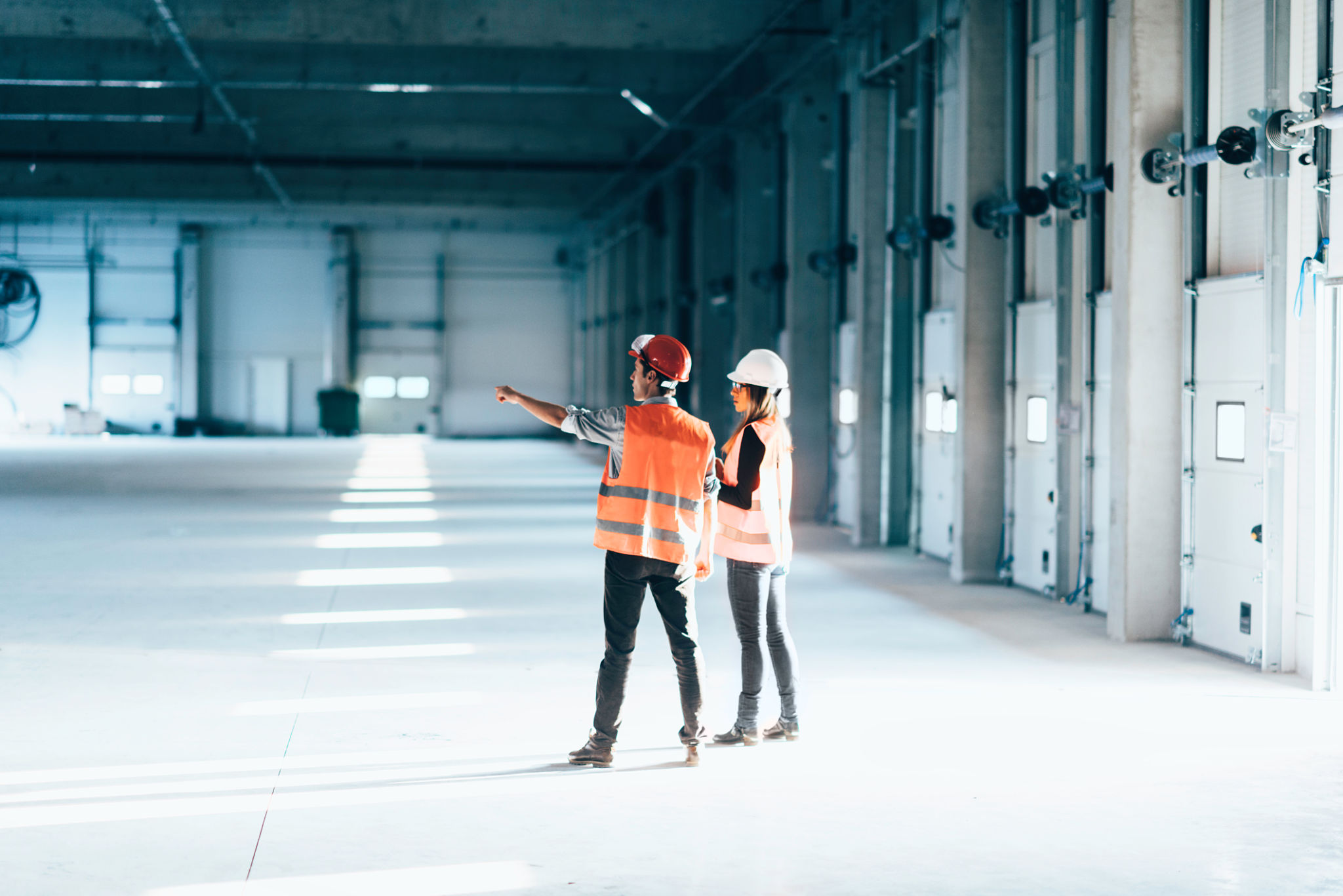What to Expect from a Building Inspection: A Comprehensive Guide
Introduction to Building Inspections
When purchasing a property, a building inspection is a crucial step that ensures your investment is sound. Conducting a thorough inspection can reveal potential issues that might not be visible to the untrained eye. Understanding what to expect from this process can help you make informed decisions and negotiate better terms.

The Role of a Building Inspector
A building inspector is a qualified professional who assesses the condition of a property. They examine various aspects of the building, including structural components, electrical systems, plumbing, and more. Their expertise provides peace of mind by identifying any red flags before finalizing a purchase.
Inspectors are typically trained and certified, ensuring they possess the necessary skills to evaluate properties accurately. Hiring a reputable inspector is crucial as their findings can significantly influence your buying decision.
Components of a Building Inspection
A comprehensive building inspection covers multiple areas of a property:
- Structural Integrity: Inspectors assess the foundation, walls, roof, and other structural elements for signs of damage or wear.
- Electrical Systems: The safety and functionality of electrical wiring, outlets, and panels are evaluated.
- Plumbing: Water pressure, leaks, and the condition of pipes and drains are checked to ensure they meet standards.
- Heating and Cooling: HVAC systems are tested for efficiency and potential issues.

Understanding Inspection Reports
After the inspection, you will receive a detailed report outlining the findings. This document typically includes photographs, descriptions of any issues discovered, and recommendations for repairs or further evaluations. It's essential to review this report carefully and discuss any concerns with the inspector for clarity.
The report serves as a valuable tool during negotiations. If significant issues are found, you might negotiate for repairs or a reduction in the purchase price.
Common Issues Found During Inspections
While each property is unique, some common issues frequently arise during building inspections:
- Poor drainage or water damage.
- Faulty wiring or outdated electrical systems.
- Roofing problems like missing shingles or leaks.
- Foundation cracks or structural weaknesses.

Preparing for an Inspection
As a buyer, preparing for an inspection can help the process go smoothly. Ensure that all areas of the home are accessible, including attics, basements, and crawl spaces. Providing clear access allows inspectors to perform a thorough evaluation.
It's also beneficial to attend the inspection if possible. This gives you firsthand insight into any issues identified and allows you to ask questions on the spot.
Conclusion: Making Informed Decisions
A building inspection is more than just a formality; it's an essential part of the home-buying process. By understanding what to expect and how to interpret the results, you can make informed decisions that protect your investment. Whether you're a first-time buyer or seasoned investor, prioritizing inspections can save time, money, and stress in the long run.